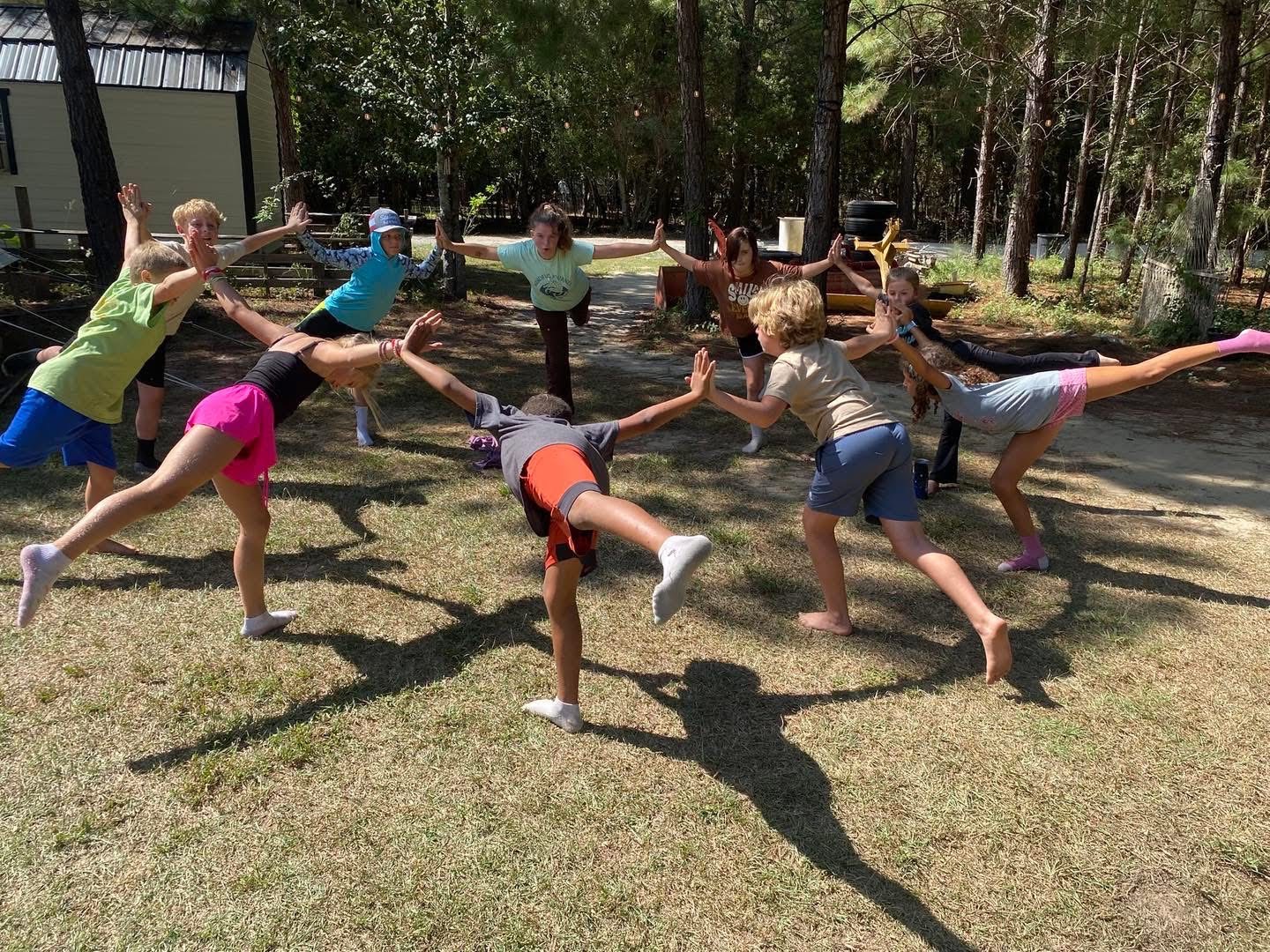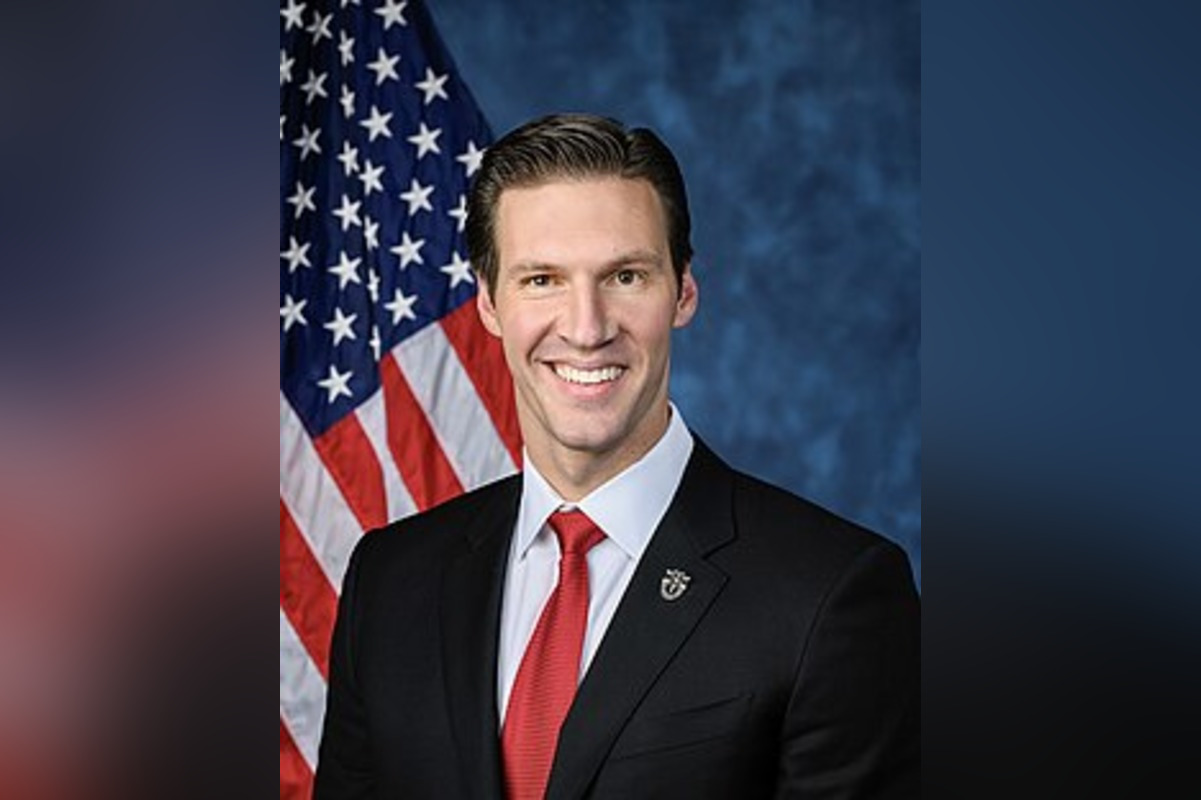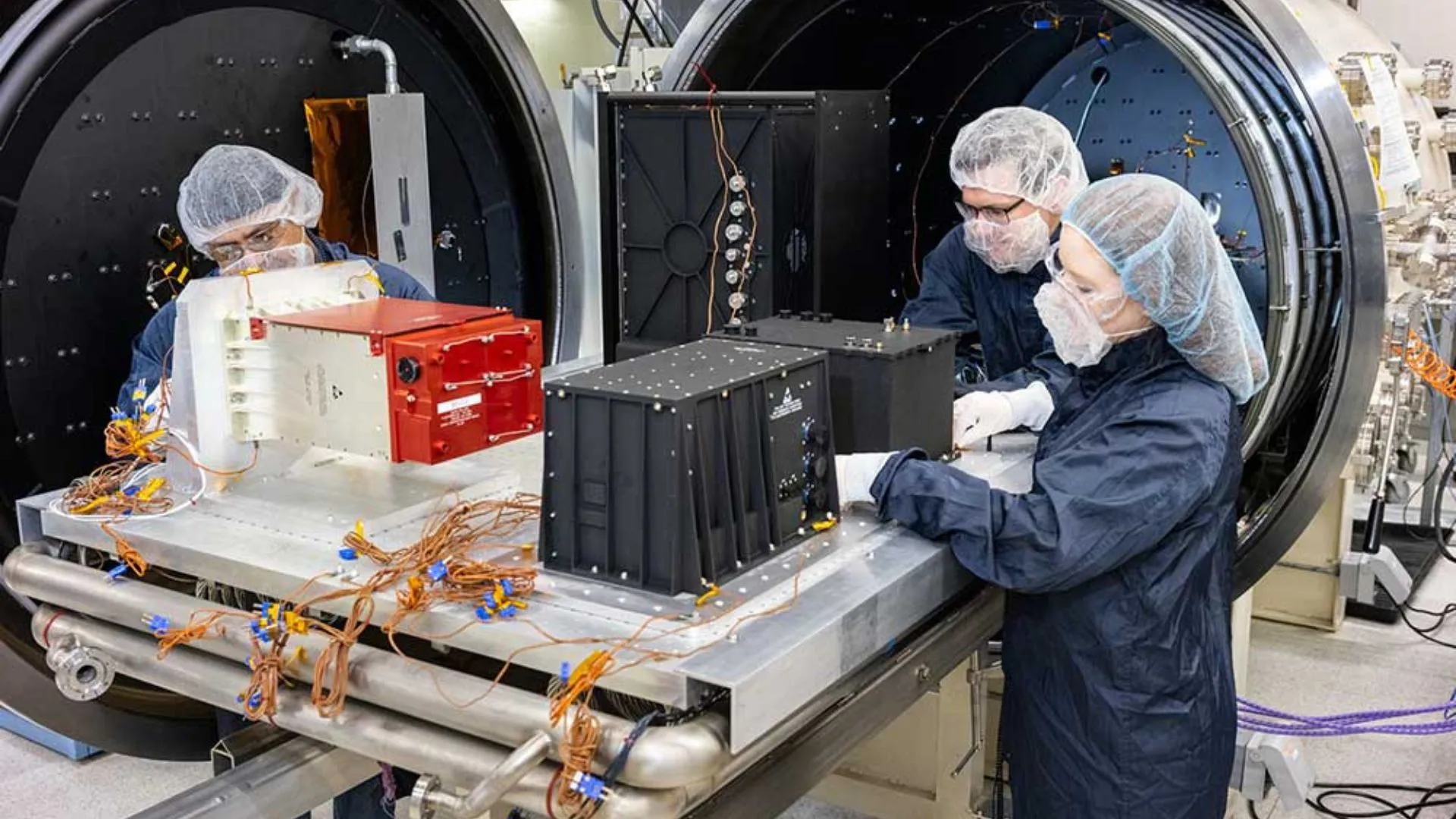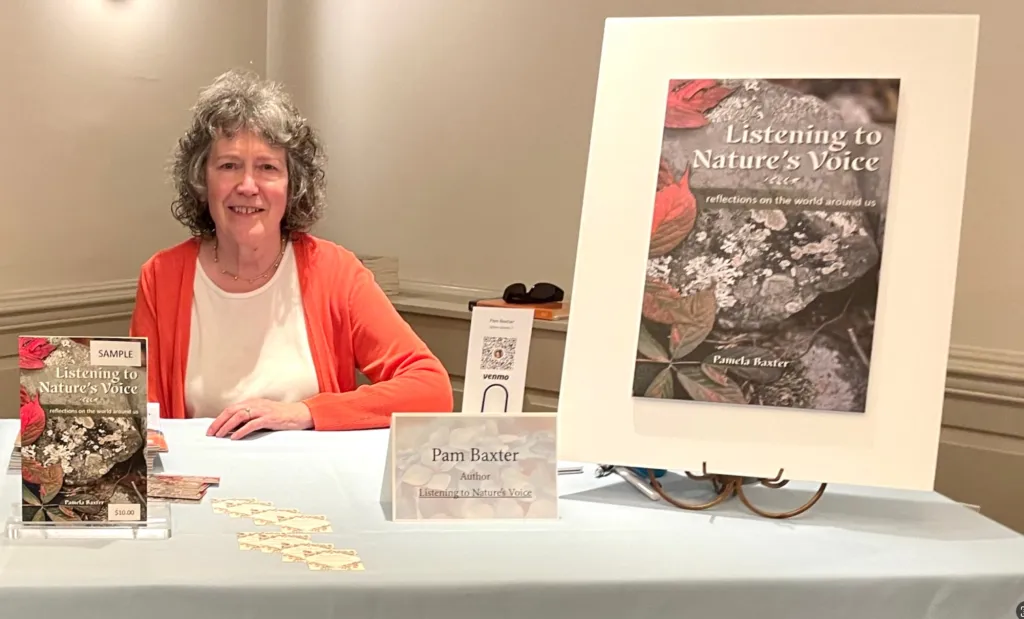
In a world increasingly dominated by screens and digital learning tools, Marie Hall, founder and director of Mindful Journey Academy, offers a radically different vision of education. Her academy, situated on 18 acres of natural land, is a screen-free zone where connection, not technology, is at the heart of learning.
According to a recent report, 88% of public schools in the United States have a 1:1 device program, with a majority providing laptops or cell phones to students to support instruction at school and home. However, Hall believes that what’s truly missing from modern classrooms is not faster Wi-Fi or more interactive whiteboards, but genuine human connection between teacher and child, parent and teacher, and among the children themselves.
The decision to keep screens out of the classroom is not about rejecting technology outright. Rather, it is about protecting space for deeper, more meaningful forms of engagement. “Parents who do not want their children to be dependent on screens also send their children here,” Hall notes. “But more than that, they’re looking for a place where their child can be known and understood.” The focus is on slowing down, paying attention, and fostering relationships.
“We have two classrooms,” Hall explains. “One with the children, and one with the parents.” At Mindful Journey Academy, parents are not passive observers in their child’s development, but active participants. The relationship between teacher and parent is open, constant, and collaborative. “They’re outside when they drop off their children. They see the teacher greet each child personally. It’s not a performance, it’s a real moment of connection,” she says.
Children at the academy also create their own textbooks, a powerful way to internalize what they’re learning. They write, draw, and document their experiences, creating personal records of growth and discovery.
To compensate for the absence of screens, Mindful Journey Academy reimagines what the classroom can be. Rather than relying on digital devices, it invests its energy in practices that foster connection and holistic development. One key ritual is the circle of education held daily. Educators and students gather to reflect on the prior day, share emotions or challenges, and set intentions. The ritual helps maintain continuity, trust, and emotional safety in the group. This is not a standardized lecture; rather, it is a space for personal voice, listening, and relational presence.
For younger students, storytelling and puppet shows are essential parts of the learning process. They foster imagination and language skills while encouraging children to express themselves and listen to others. Each of these skills develops year on year, but it starts with one simple principle: imagination.
Instead of homework filled with screen-based tasks, students at Mindful Journey Academy are given practical, meaningful activities to do at home. “Homework involves setting the table, cooking, and handwork,” Hall says. These tasks not only reinforce life skills but also extend the learning environment into the home, strengthening the bond between parent and child. It’s a continuation of the academy’s belief that education should be rooted in the real world, not in virtual spaces.
This model may seem unconventional, but it speaks to a growing concern among parents and educators: that something vital is being lost in the rush toward digital education. Hall offers a hopeful alternative, one rooted in presence, nature, and human connection.



